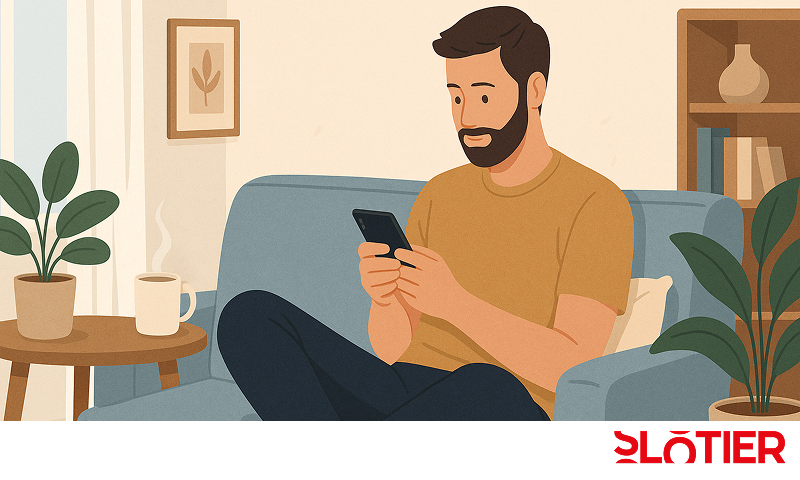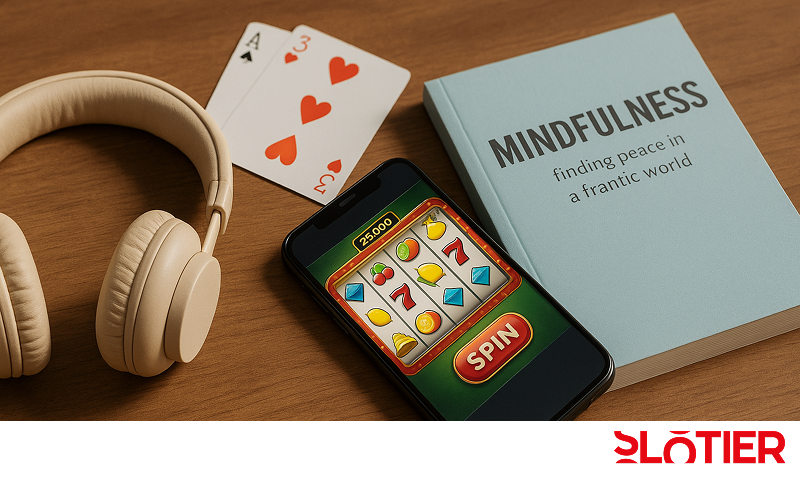How Digital Entertainment Became a Part of Self-Care in 2025

In 2025, the leisure format is changing. Fewer and fewer people are looking for content for the sake of distraction, and more and more for the sake of recovery. Noise and overabundance have been replaced by a choice in favor of calm formats: short sessions, clear rules, and controlled engagement. This applies to books, games, videos, and even the Online Casino industry.
Entertainment as part of recovery
The modern user perceives rest not as an escape from tasks, but as a way to return to balance. It can be a single card game, a track without words, an episode without a cliffhanger — anything that does not require constant reaction and does not cause addiction. Conscious leisure has ceased to be a trend — it has become a necessity.
After overloading, to simplicity
The information noise of recent years has led to digital fatigue. People began to reconsider their habits: abandoning endless TV shows, aggressive interfaces and platforms with elements of pressure. Instead, it's a choice of short games, mini-formats, and content that doesn't require "being in the stream."
Online games become easier. Popular formats are where the player can stop at any time. It's not about winning, it's about resting and not losing your temper. And if earlier a game was considered a way to "kill time", today it is a way to recover.
A new frontier between relaxation and addiction

One of the key changes is the desire for control. Timers, sessions with a clear start and end, and interfaces without overstimulation are all signs of a new approach. Entertainment should not be completely addictive. People are increasingly asking themselves, "How much do I really need?"
Even in areas like the Slotier Casino, a shift can be observed. Online casinos that do not apply pressure through advertising or impose behavior fit into the picture of moderate, conscious leisure. The important thing here is not the topic, but the way of interaction.
Entertainment without a spectator
After the era of public content — stories, streams, and live content — personal content is returning to fashion. People value privacy: a game where you don't have to share the result; a video that doesn't require a comment; a platform that doesn't require feedback. It's not isolation, it's a pause.
Individual online games, reading, and short offline sessions all work better than a multiplayer attention race. Entertainment ceases to be a public practice and becomes part of a personal regime.
A new culture of choice
The attitude toward rest is becoming more mature. It ceases to be a "reward" and becomes part of a steady rhythm. People consciously choose not only products, but also how they spend the evening. This applies to games, videos, and online platforms, including Online Casinos, as long as they do not manipulate attention.
Conscious leisure does not mean a complete abandonment of excitement or engagement. It's just a different perspective: when the game doesn't require a win, and the video doesn't require a like. When you can stop at any time.
Conclusion
Conscious entertainment is not a format, but an approach. It's a choice in favor of a rhythm that doesn't exhaust. It doesn't matter if it's a game, a podcast, or a digital service. It's important how a person interacts with it.
In 2025, digital leisure is becoming quieter, shorter and more honest. Even Online Casinos — if they give the player space and freedom of choice — can be part of this new culture. Slotier is an example of a platform where this approach is implemented in practice: the gameplay remains under the user's control, without pressure and excessive stimulation.
Not everything related to excitement is about addiction. Sometimes it's just a way to switch off in the evening. And that's okay.
